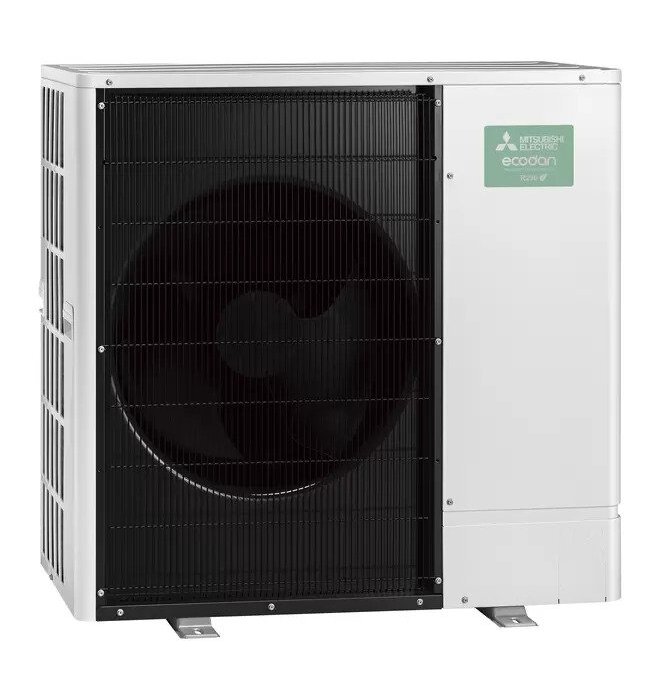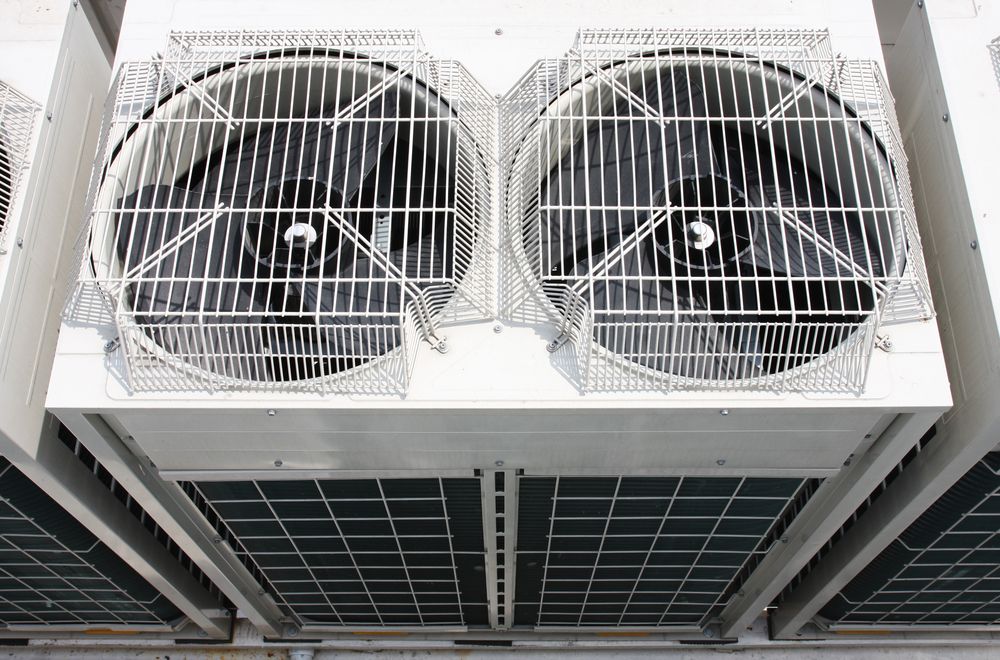https://www.pv-magazine.com/2023/03/16/mitsubishi-unveils-propane-heat-pump-for-residential-applications/
Mitsubishi unveils propane heat pump for residential applications

Mitsubishi's new Ecodan R290 monoblock heat pump
Image: Mitsubishi Electric
Mitsubishi Electric has unveiled an air-source heat pump to replace heat generators in existing buildings. It uses propane (R290) as the refrigerant.
“Our specialist trade partners in Germany have repeatedly approached us with requests for such a solution,” Dror Peled, deputy division manager at Mitsubishi Electric, said in a statement. “With our Ecodan models with the R290 refrigerant as a monoblock variant, we are now offering our customers entry into the renovation market with relatively high flow temperatures based on a natural refrigerant.”
The R290 Ecodan monoblock will be available with heating capacities of 5 kW, 6 kW, and 8 kW. There are also plans to expand the model series with higher heat outputs of up to 14 kW in the coming years, Mitsubishi said in a statement.
The heat pump can purportedly produce hot water up to 75 C with external air down to -15 C, or up to 65 C for air temperatures of up to -25 C.
“Compared to conventional devices, this represents a significant expansion of the areas of application,” Mitsubishi claims, adding that for optimal energy-efficient operation, the recommended flow temperature is 55 C.
Popular content
The new device is designed as a monoblock system with the option to add a hydro module as an internal unit or a buffer tank for hot water storage with a capacity of 200 or 300 liters.
Mitsubishi is selling the heat pump exclusively as a monoblock due to special safety requirements for heat pumps using propane as the refrigerant for residential applications.
“A closed refrigeration circuit operates in the outdoor unit, which requires no intervention during installation,” the manufacturer said. “The outdoor and indoor modules are connected via water-carrying pipes. In addition, the compressors and existing safety precautions within the heat pumps have been structurally adapted so that both the safe installation and operation of the new units can be carried out safely.”
This content is protected by copyright and may not be reused. If you want to cooperate with us and would like to reuse some of our content, please contact: editors@pv-magazine.com.



